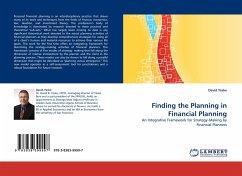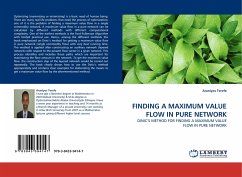Personal financial planning is an interdisciplinary practice that draws many of its tools and techniques from the fields of finance, economics, law, taxation, and investment theory. The profession's body of knowledge is dominated by research devoted to these practical and theoretical "sub-sets." What has largely been missing to date is any significant theoretical work devoted to the actual planning activities of financial planners as they develop comprehensive strategies for using all of a client's human and material resources to achieve their various life goals. This work for the first time offers an integrating framework for describing the strategy-making activities of financial planners. This framework consists of five modes of strategy- making that fall along the dimension of relative involvement by the planner and the client in the planning process. These modes can also be shown to fall along a parallel dimension that might be described as "planning versus emergence." This new model operates as a self-assessment tool for practitioners and a robust foundation for future research.








